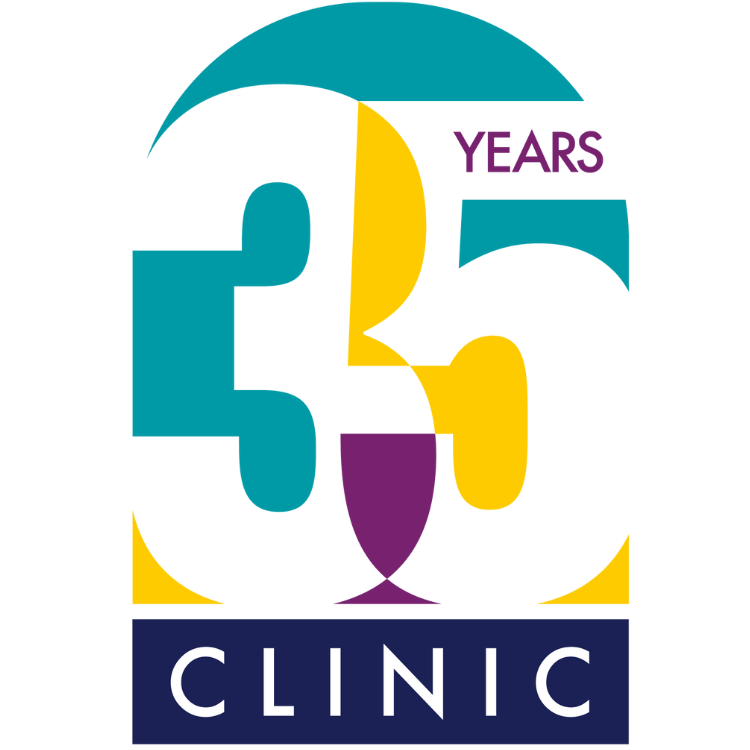Office of Global Michigan
Last Updated
Topics
Michigan is one of a handful of states that has a dedicated office to promote immigrant integration on a statewide level. Housed within the Department of Labor and Economic Opportunity, the Office of Global Michigan was established eight years ago with a focus on economic integration and fosters the skills and talent of newcomers. Moreover, the office supports state and local integration initiatives and offers recommendations to the governor on policies and programs impacting immigrant and refugee communities.
As a state office, the Office of Global Michigan utilizes its partnerships with local community-based, ethnic-serving organizations, other state offices, universities, local economic development organizations, the state’s three ethnic commissions and others to address barriers and challenges identified by newcomers throughout the state. Like CLINIC’s definition of integration, Karen Phillippi, director of the Office of Global Michigan describes partnerships as a two-way process. She notes that when the office first launched, its focus was on economic integration. It has since been able to work with partners to address other aspects of the integration process, such as advocacy efforts and legal and social services.
Global Michigan has two primary programs, the Michigan International Talent Solutions, or MITS, and Michigan’s refugee services program. Among other initiatives, the MITS program offers technical assistance and trainings to state partners working directly with the immigrant and refugee community who are internationally educated and/or trained and who are working towards joining the workforce in their specialized field. Global Michigan is well known for their step-by-step guides to help immigrants and refugees learn more about transferring their professional licenses to work in United States. The office created over 40 guides crafted for specific careers and skillsets, including guides for social workers, cosmetologists and nurses. Global Michigan’s career pathway guides also outline alternative employment opportunities if certain regulations prevent an individual from transferring a license.
The second program, the Refugee Services program, supports the resettlement and integration of refugees, making Michigan their home. Basic needs are met upon arrival, employment assistance is provided, and referrals to other services are also provided. Historically, Michigan has been in the top 10 states in the country for refugee arrivals, with one of the largest concentrations of Middle Eastern immigrants, said Phillippi.
In addition to these efforts, Global Michigan has collaborated with local law enforcement agencies to create a curriculum and host community events on personal safety and driving laws for the immigrant and refugee community; is working on expanding language access across other state departments, which includes using plain language for forms that employees and community members use; and, more recently, launched a digital learning program that marries ESL learning online with digital literacy. These initiatives stem from input gained from engaging with community members. In 2015, Global Michigan led a strategy working group to identify solutions to barriers and issues affecting the immigrant and
refugee community. The working group created a strategy plan that continues to be a live document and is reviewed annually, said Phillippi.
Global Michigan encourages collaboration between various organizations to foster and support integration initiatives throughout the state. For state and local municipalities interested in promoting integration on a larger scale, Phillippi has several recommendations. First, it’s important to learn more about the community and what resources are currently available. Philippi referred to the NAE Cities Index, which measures local policies on immigrant integration as a good starting point. Philippi’s second recommendation includes hosting listening sessions with community members, “… and this can be done at the state, county, and city level,” said Phillippi. After elected leaders have a chance to learn from the community, they can begin to brainstorm on a plan together and implement accordingly.
Lastly, Phillippi suggests starting out with one to two initiatives that might require staff time but don’t require additional funding, such as community engagement events. For example, having dialogue between community members and local law enforcement might be a good place to start. “It’s likely law enforcement already has a community presentation prepared; they may need to tweak it for the immigrant community, but that is one initiative that doesn’t cost any additional money, and it’s a way to start the conversation while building a relationship. It’s important work and it takes time,” said Phillippi.
CLINIC applauds the Office of Global Michigan for their statewide efforts and partner collaborations to promote immigrant integration. To be featured in next month’s highlight, share with us your organization’s integration efforts.

